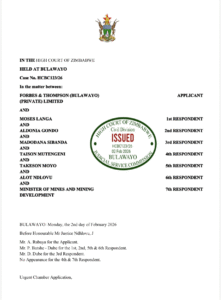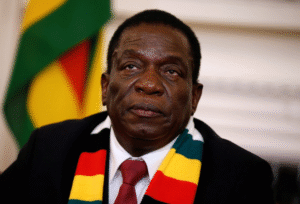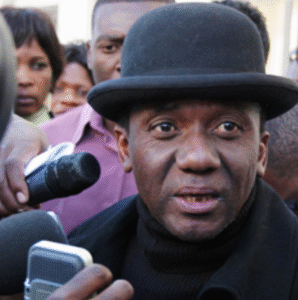DEMOCRACY ON THE BRINK
The storm of controversy unravelled by a recent profound study into Zimbabwe’s electoral framework has sent ripples through the political landscapes, casting a hard spotlight on the Zimbabwe Electoral Commission’s (ZEC) proficiency in orchestrating fair and transparent elections. The study resonates with a deep-rooted voter scepticism, significantly eclipsing ZEC’s ability to ensure credible elections, thus questioning its suitability for this crucial democratic role.
Diving headlong into the mechanics of Zimbabwe’s electoral politics, processes, and institutions, the study has ignited a fiery discourse on the nation’s democratic health. Elections, being the cornerstone of a flourishing democracy, necessitate an unbiased and meticulous overseeing body. The study contends that the credibility chasm plaguing ZEC is a colossal hurdle in upholding the democratic ideals which are the bedrock of the nation.
At the heart of the issue is the glaring distrust voters harbour towards ZEC. This sentiment is echoed by multiple political stakeholders and civil society factions, who argue that ZEC’s actions and decisions have eroded public faith in its capability to helm fair elections. The study accentuates these anxieties, arguing that an electoral commission seen as biased can’t gain the public’s trust, an element vital for the legitimacy of any election.
The study delineates specific episodes and trends that have fueled the growing scepticism encircling ZEC. It highlights allegations of voter suppression, opaque electoral procedures, and ambiguity in managing election-centric information. These facets collectively create a milieu where doubts regarding ZEC’s impartiality flourish. Consequently, the study forewarns that ZEC’s involvement in forthcoming elections could threaten the essence of a democratic electoral framework.
One of the paramount fallouts from this study could be its impact on Zimbabwe’s international standing. Credible elections often serve as a gauge for a nation’s commitment to democratic governance. Any doubt over the electoral process’s fairness could trigger diplomatic and economic fallout, including strained ties with global allies and a possible slump in foreign investments. Addressing the issues spotlighted by the study is not only a national necessity but is also crucial in sculpting the country’s global standing.
In response to the study’s revelations, numerous political voices have called for immediate reforms to revive faith in Zimbabwe’s electoral system. Suggestions encompass re-assessing the makeup and appointment procedures of ZEC members, enhancing transparency in electoral dealings, and strengthening the function of independent oversight bodies. These proposed measures aspire to rebuild public trust in the electoral journey and ascertain that the outcomes of future elections authentically reflect the populace’s will.
This recent examination of Zimbabwe’s electoral terrain has cast a harsh light on ZEC’s competency in overseeing credible and bona fide elections. The widespread distrust spotlighted in the study’s findings taints the commission’s credibility, evoking fears regarding its aptitude for its fundamental role in the democratic pathway. As Zimbabwe navigates its democratic destiny, addressing these quandaries and implementing reforms will be instrumental in preserving the nation’s electoral integrity and cementing its stance on the global democratic platform.





